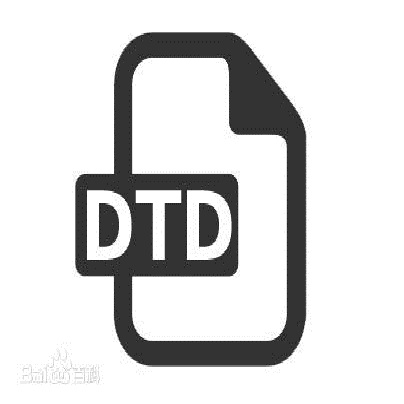As one of the most fundamental concepts in transportation science, Wardrop equilibrium (WE) has always had a relatively weak behavioral underpinning. To strengthen this foundation, one must reckon with bounded rationality in human decision-making processes, such as the lack of accurate information, limited computing power, and sub-optimal choices. This retreat from behavioral perfectionism in the literature, however, was typically accompanied by a conceptual modification of WE. Here we show that giving up perfect rationality need not force a departure from WE. On the contrary, WE can be reached with global stability in a routing game played by boundedly rational travelers. We achieve this result by developing a day-to-day (DTD) dynamical model that mimics how travelers gradually adjust their route valuations, hence choice probabilities, based on past experiences. Our model, called cumulative logit (CULO), resembles the classical DTD models but makes a crucial change: whereas the classical models assume routes are valued based on the cost averaged over historical data, ours values the routes based on the cost accumulated. To describe route choice behaviors, the CULO model only uses two parameters, one accounting for the rate at which the future route cost is discounted in the valuation relative to the past ones and the other describing the sensitivity of route choice probabilities to valuation differences. We prove that the CULO model always converges to WE, regardless of the initial point, as long as the behavioral parameters satisfy certain mild conditions. Our theory thus upholds WE's role as a benchmark in transportation systems analysis. It also resolves the theoretical challenge posed by Harsanyi's instability problem by explaining why equally good routes at WE are selected with different probabilities.
翻译:作为交通运输科学中最基本的概念之一,Wardrop Equilibrium(WE)在行为理论上一直存在相对薄弱的基础。为了加强这个基础,我们必须考虑到人类决策过程中的有限理性,如缺乏精确的信息,计算能力有限和次优选项。然而,在文献中从行为完美主义中撤退通常伴随着WE的概念修正。本文表明,放弃完美理性不必意味着离开WE。相反,通过有限理性旅客所玩的路线博弈可以实现WE的全局稳定性。我们通过开发一个称为累积logistic(CULO)的DTD动态模型来实现这一结果,该模型模拟旅行者如何根据过去的经验逐渐调整其路线评价,因此选择概率。我们的模型类似于经典的DTD模型,但进行了一个关键的改变:经典模型假设路线的价值基于历史数据上的平均成本,而我们的模型基于成本累积来评价路线。为了描述路径选择行为,CULO模型只使用两个参数,一个参数是相对于过去的成本所折扣的未来成本的速率,另一个参数是路径选择概率对估价差异的敏感度。我们证明了只要行为参数满足某些温和的条件,CULO模型总是收敛于WE,无论起始点如何。我们的理论因此保持了WE作为交通系统分析基准的作用。它也通过解释为什么WE中的同样好的路线被不同的概率选择来解决了Harsanyi不稳定性问题的理论挑战。



